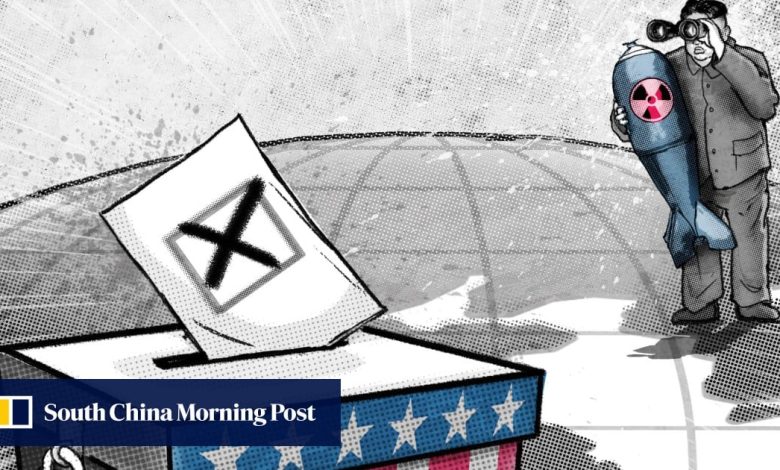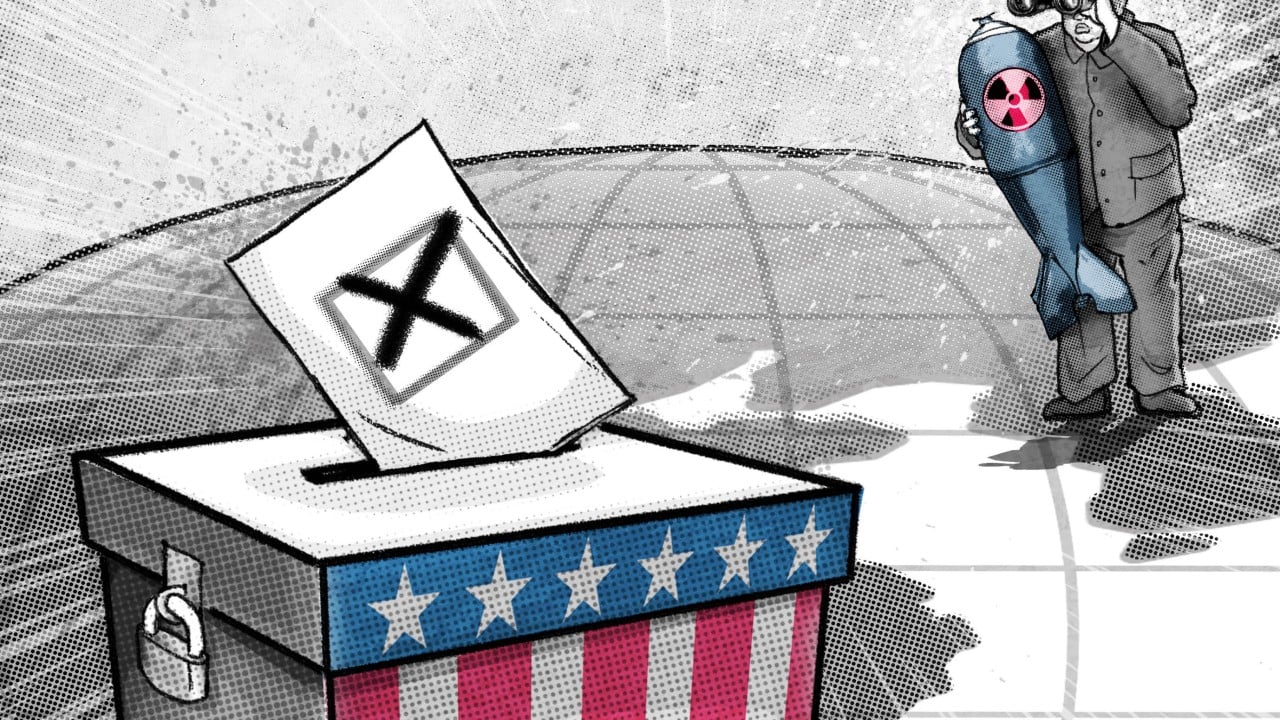Why US election winner might find North Korea its ‘most dangerous flashpoint’ with China


Tensions between North and South Korea have been mounting in the build-up to next month’s United States election, prompting warnings that it could become the “most dangerous flashpoint” in the US-China rivalry.
It is not clear what impact the election result will have on the Korean peninsula, but observers say China may have little to gain from the situation, especially if Donald Trump returns to the White House.
Some Chinese analysts have argued that Beijing should be on high alert as North Korean leader Kim Jong-un’s escalation of tensions is at least partially aimed at forcing the new US administration to abandon its hopes of denuclearising the peninsula and shift its focus towards arms control.
They also said that if the North can cut a deal with Trump that accepts its status as a nuclear power then that could come at Beijing’s expense by weakening its position in the region.
Emboldened by increasingly close ties with Russia, Kim has accelerated his nuclear weapons programme, ditched his country’s decades-old goal of Korean reunification and declared Seoul as the “primary hostile state and invariable principal enemy”.

